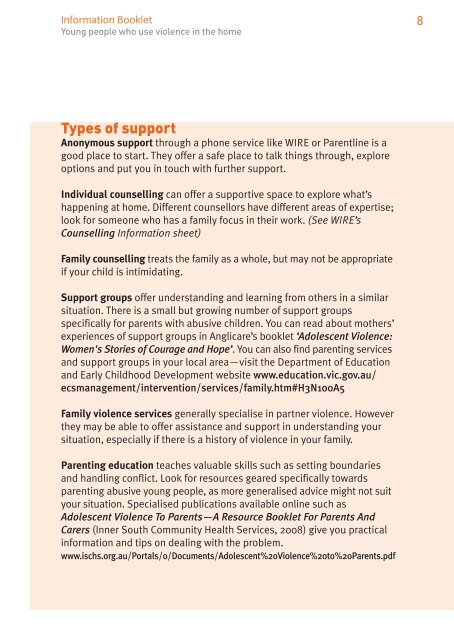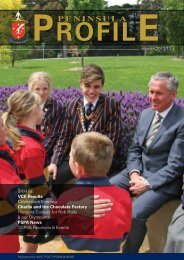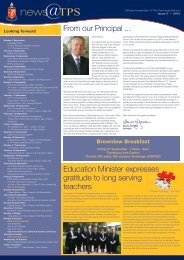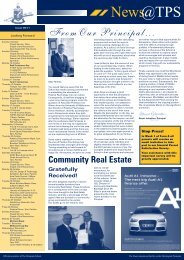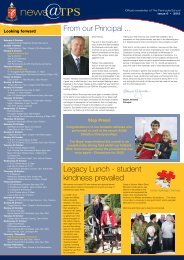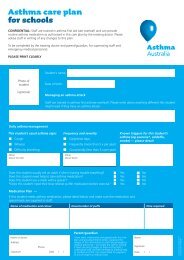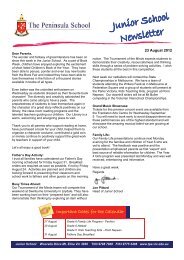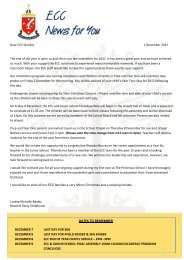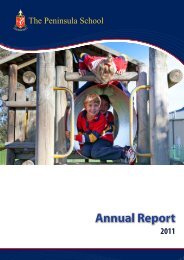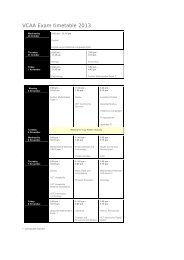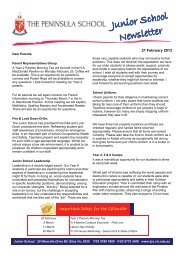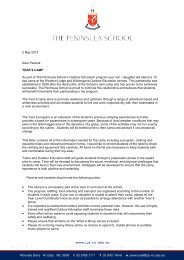Young people who use violence in the home - WIRE Women's ...
Young people who use violence in the home - WIRE Women's ...
Young people who use violence in the home - WIRE Women's ...
You also want an ePaper? Increase the reach of your titles
YUMPU automatically turns print PDFs into web optimized ePapers that Google loves.
Information Booklet<br />
<strong>Young</strong> <strong>people</strong> <strong>who</strong> <strong>use</strong> <strong>violence</strong> <strong>in</strong> <strong>the</strong> <strong>home</strong><br />
8<br />
Types of support<br />
Anonymous support through a phone service like <strong>WIRE</strong> or Parentl<strong>in</strong>e is a<br />
good place to start. They offer a safe place to talk th<strong>in</strong>gs through, explore<br />
options and put you <strong>in</strong> touch with fur<strong>the</strong>r support.<br />
Individual counsell<strong>in</strong>g can offer a supportive space to explore what’s<br />
happen<strong>in</strong>g at <strong>home</strong>. Different counsellors have different areas of expertise;<br />
look for someone <strong>who</strong> has a family focus <strong>in</strong> <strong>the</strong>ir work. (See <strong>WIRE</strong>’s<br />
Counsell<strong>in</strong>g Information sheet)<br />
Family counsell<strong>in</strong>g treats <strong>the</strong> family as a <strong>who</strong>le, but may not be appropriate<br />
if your child is <strong>in</strong>timidat<strong>in</strong>g.<br />
Support groups offer understand<strong>in</strong>g and learn<strong>in</strong>g from o<strong>the</strong>rs <strong>in</strong> a similar<br />
situation. There is a small but grow<strong>in</strong>g number of support groups<br />
specifically for parents with abusive children. You can read about mo<strong>the</strong>rs’<br />
experiences of support groups <strong>in</strong> Anglicare’s booklet ‘Adolescent Violence:<br />
<strong>Women's</strong> Stories of Courage and Hope’. You can also f<strong>in</strong>d parent<strong>in</strong>g services<br />
and support groups <strong>in</strong> your local area—visit <strong>the</strong> Department of Education<br />
and Early Childhood Development website www.education.vic.gov.au/<br />
ecsmanagement/<strong>in</strong>tervention/services/family.htm#H3N100A5<br />
Family <strong>violence</strong> services generally specialise <strong>in</strong> partner <strong>violence</strong>. However<br />
<strong>the</strong>y may be able to offer assistance and support <strong>in</strong> understand<strong>in</strong>g your<br />
situation, especially if <strong>the</strong>re is a history of <strong>violence</strong> <strong>in</strong> your family.<br />
Parent<strong>in</strong>g education teaches valuable skills such as sett<strong>in</strong>g boundaries<br />
and handl<strong>in</strong>g conflict. Look for resources geared specifically towards<br />
parent<strong>in</strong>g abusive young <strong>people</strong>, as more generalised advice might not suit<br />
your situation. Specialised publications available onl<strong>in</strong>e such as<br />
Adolescent Violence To Parents—A Resource Booklet For Parents And<br />
Carers (Inner South Community Health Services, 2008) give you practical<br />
<strong>in</strong>formation and tips on deal<strong>in</strong>g with <strong>the</strong> problem.<br />
www.ischs.org.au/Portals/0/Documents/Adolescent%20Violence%20to%20Parents.pdf


